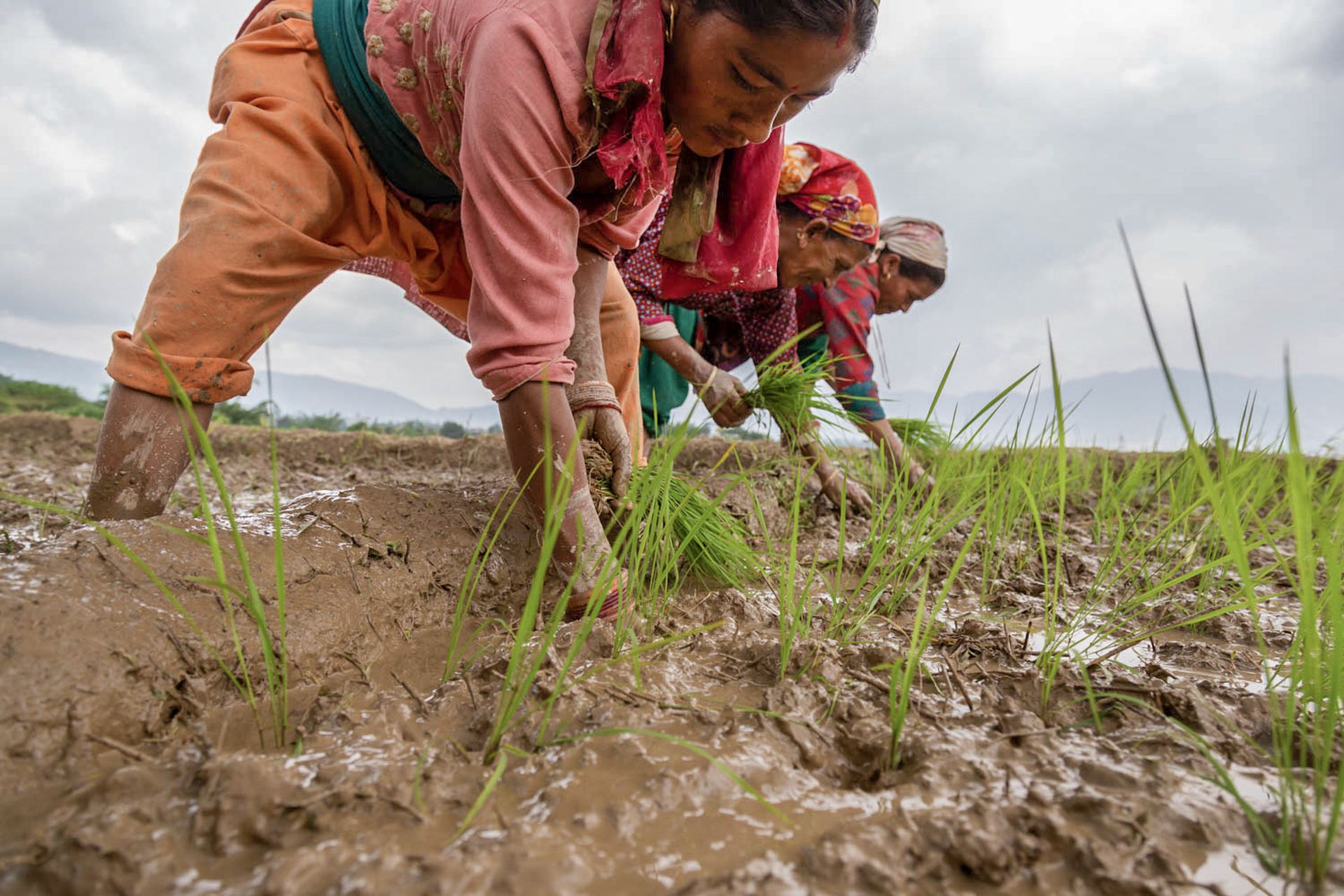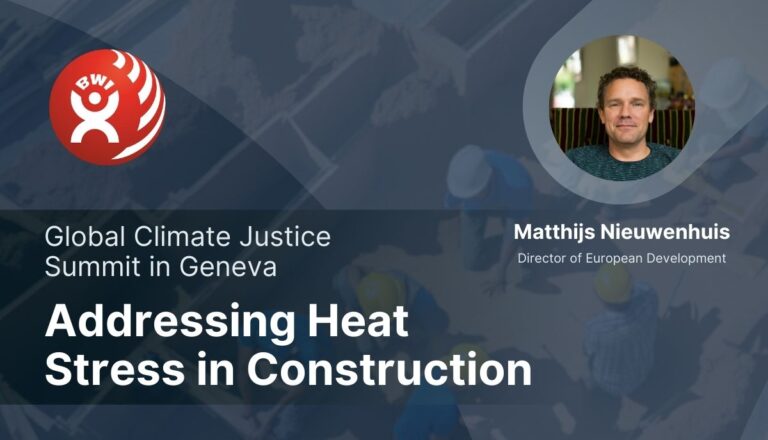Climate change is an urgent and ongoing health crisis with diverse human losses, said Nature Climate Change, a journal of science, in its May 2024 issue. Specifically, workers are at an increased risk of preventable illness and death due to heat stress, said La Isla Network CEO Jason Glaser, in a Viewpoint published in the journal.
Without adequate protections, workers, businesses and the economy will face severe losses from extreme heat driven by climate change. 80 million jobs will be lost by 2030 due to high temperatures, per a new relatório from the International Labour Organization, and each year at least 2.41 billion workers are exposed to extreme heat. Evidence from the World Economic Forum found that by 2050, climate change will likely cause $12.5 trillion in economic losses worldwide.

Prevention of harm is a paramount goal in safeguarding workers from extreme heat. The foundation of La Isla Network’s global effort to protect workers in a changing climate is research methods that prioritize data gathered at the worksite. This data builds evidence for the development, implementation and evaluation of occupational safety and health (OSH) policies. Finally, organizational management needs to be positively engaged to identify barriers, opportunities, and messaging or operational gaps around implementation and enforcement. This model should be data-driven and context-specific.
In the developed economies of the United States, Europe and Australia, extreme heat is being recognized as a threat. But workers and businesses are contending with this threat via guidance and recommendations that are unevaluated by data that is reliable to the specifics of the job.
Glaser said, “What is needed are programs that systematically assess practices and conditions that put workers at risk, address identified gaps through co-designing new occupational safety protocols with workers and employers, and assist in adherence to improved protocols.”
That program has already been rolled out at Ingenio San Antonio, a sugar mill in Nicaragua. The program results are promising. It has reduced heat-stress related hospitalizations by more than 80 percent, increased productivity by at least 10 percent and provided the mill with a 22 percent return-on-investment. Further, it has informed the policy of the region’s health and labor ministries, and the Pan American Health Organization.
However, there is a lack of urgency to fund and develop similar programs in the developed economies of the U.S., Europe and Australia, said Glaser. Prevention is focused outward, to the tropical regions, while similar issues in workers in developed economies are not being addressed.
As recently as September six grape pickers died in the Champagne region of France after working in 95 degree Fahrenheit heat. Similar worker deaths in construction and agriculture have occurred in the U.S.
Glaser said, “It’s time EU and US governments fund programs at home that verifiably protect workers, are viable for employers and inform meaningful and effective policy. We collectively should have started this a decade or more ago. We need to act now.”
Obrigado por ler. La Isla Network protege os trabalhadores em um clima em mudança. Nós geramos e implementamos protocolos de avaliação de proteção e gerenciamento de trabalhadores baseados em dados para melhorar a resiliência das forças de trabalho e empresas ao estresse por calor. Para mais informações, entre em contato
em**@la************.org
.







